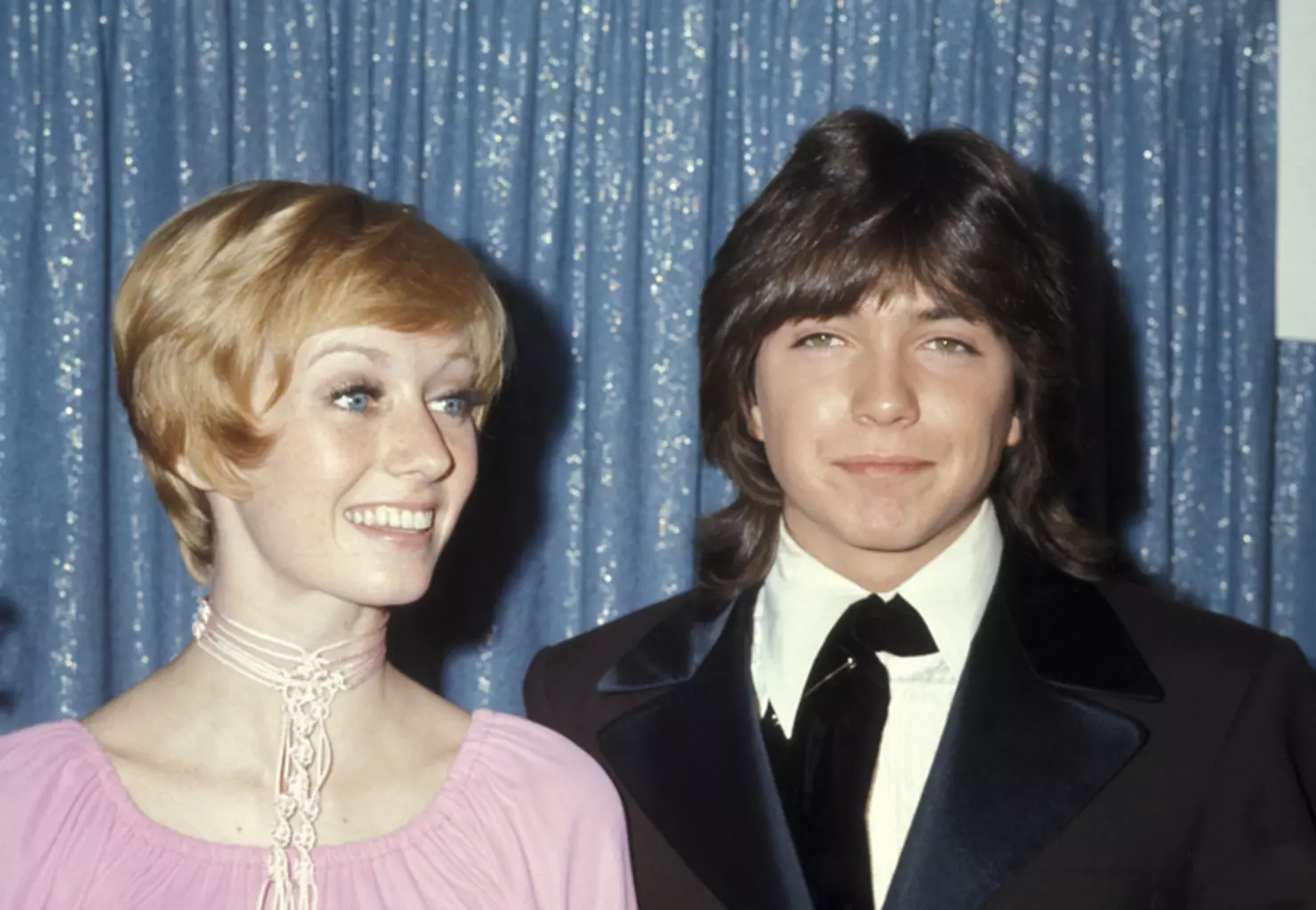
A Tender Plea for Lasting Love Beneath the Glitter of Teen Stardom
When David Cassidy released “Could It Be Forever” in 1972, the track quickly carved its place into the heart of pop culture, rising to No. 2 on the UK Singles Chart and further cementing Cassidy’s status as an international teen idol. Featured on his debut solo album Cherish, the song was a showcase not only of Cassidy’s vocal appeal but also of his capacity to carry a melody rich with yearning and romantic sincerity—a depth often obscured by the blinding lights of fandom that surrounded him at the time.
To understand “Could It Be Forever”, one must first set aside the screaming legions and merchandising machinery that defined David Cassidy’s public image in the early 1970s. Beneath the feathered hair and bubblegum poster boy aura was a young man trying to make sense of genuine emotion in an industry more interested in packaging than profundity. Written by Wes Farrell and Danny Janssen—both key architects of the Partridge Family sound—the song is deceptively simple in structure but resonant in emotional texture.
At its core, “Could It Be Forever” is a whispered question set to music—a fragile hope that what feels intoxicatingly real might endure beyond the ephemeral. Lyrically, it walks the delicate line between vulnerability and idealism: “And when we kiss, words can’t express / The love I feel deep in my chest.” These aren’t mere platitudes; they are the utterances of someone who wants more than a fleeting encounter, even if he knows such permanence may be just out of reach.
Musically, the arrangement serves this tender introspection. The track blends soft acoustic guitar lines with gentle string flourishes, creating a lush, almost dreamlike soundscape that frames Cassidy’s voice with grace rather than grandeur. His delivery is restrained yet emotionally invested—an earnestness that perhaps reflected his own yearning to be taken seriously as an artist beyond his television persona.
Though marketed toward adolescent hearts, “Could It Be Forever” transcends its intended demographic through its quiet emotional intelligence. It speaks not only to teenage dreams but to anyone who has ever found themselves at the threshold of new love, wondering if lightning might strike not just once, but always.
In retrospect, what makes this song endure is its bittersweet honesty. It doesn’t declare eternal devotion—it dares to ask for it. In doing so, it captures a universal human moment: the ache of possibility wrapped in hope. Amidst a career often overshadowed by celebrity trappings, this remastered gem reminds us that even amid commodified stardom, genuine feeling can still shine through.